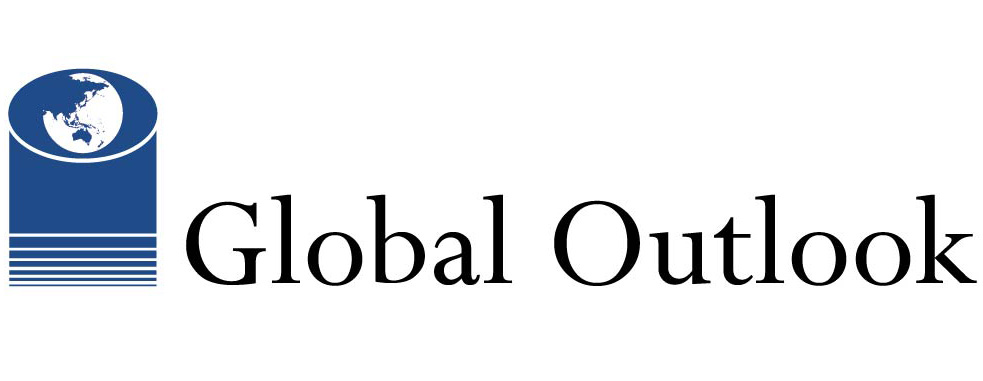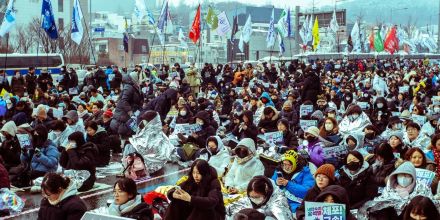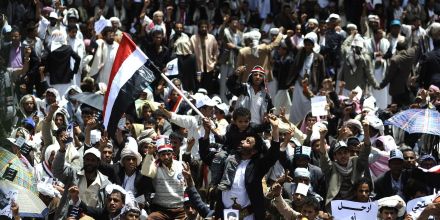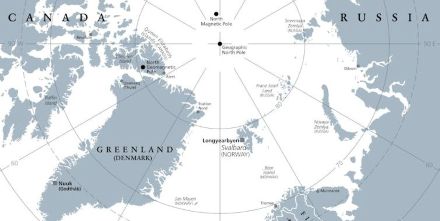
Curated expert opinion on intractable contemporary issues
America’s Three Schools of Thought on Korea’s Political Situation
By Chung-in Moon | 22 January, 2025
If the Cold War anti-communists get in Trump’s ear, it could mean crisis for the alliance.
Tunisia’s Revolution 14 Years On: ‘The Emperor Has No Clothes’
By Larbi Sadiki | 21 January, 2025
The Arab Spring did not bring democracy to the region, but it remains a beacon of hope for struggling Arabs.
Dr. King’s Call to Justice: A Universal Beacon in Troubled Times
By Jordan Ryan | 18 January, 2025
On January 20, 2025, the United States will observe Martin Luther King Jr. Day, a federal holiday honouring the life and legacy of a man who championed justice, nonviolence, and moral courage. This year, the holiday coincides with the presidential inauguration, an event often marked by political division and controversy.
The Death of Accountability: How America’s Democratic Crisis Threatens Freedom Worldwide
By Jordan Ryan | 16 January, 2025
When former U.S. President Richard Nixon declared, “When the president does it, that means it is not illegal,” Americans recoiled in horror. Today, that shocking claim is inching closer to legal reality.
Trump’s Greenland Bid is Really About Control of the Arctic and the Coming Battle with China
By Stefan Wolff | 15 January, 2025
When Donald Trump first offered to buy Greenland in 2019, he was widely ridiculed and nothing much came of it. Fast forward six years and Trump’s renewed “bid” for the world’s largest island is back on the table.
Back to the Monroe Doctrine?
By Herbert Wulf | 14 January, 2025
Two weeks before taking office, the future US President Donald Trump signposts to the astonished public around the world in a confusing, Trump-like press conference what we have to prepare for.
The views and opinions expressed in Global Outlook are those of the authors and do not necessarily reflect the official policy or position of Toda Peace Institute.





